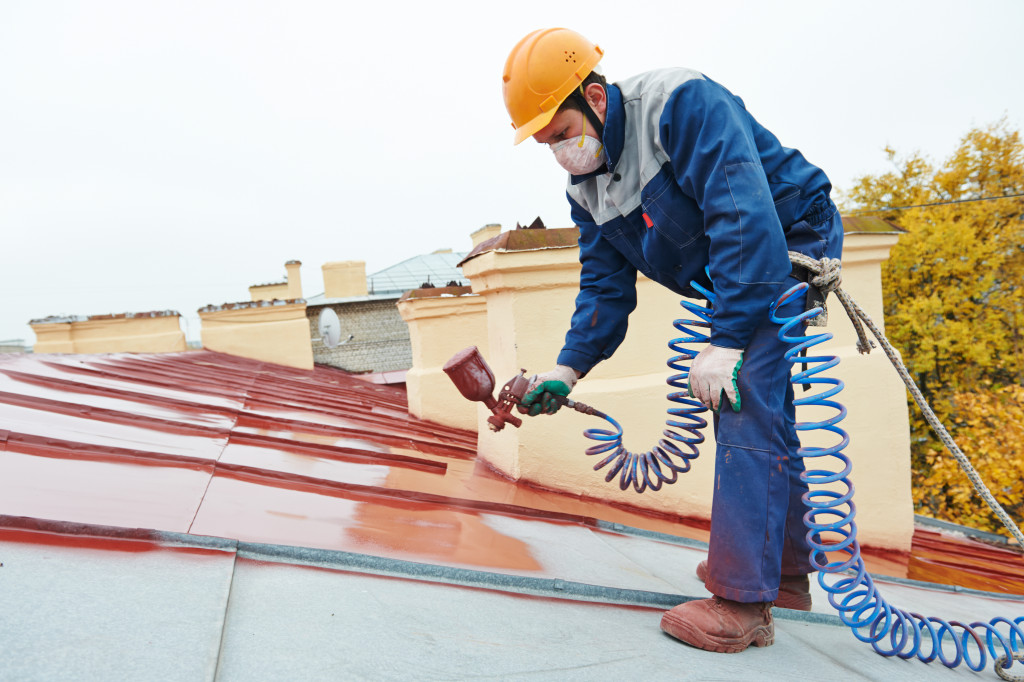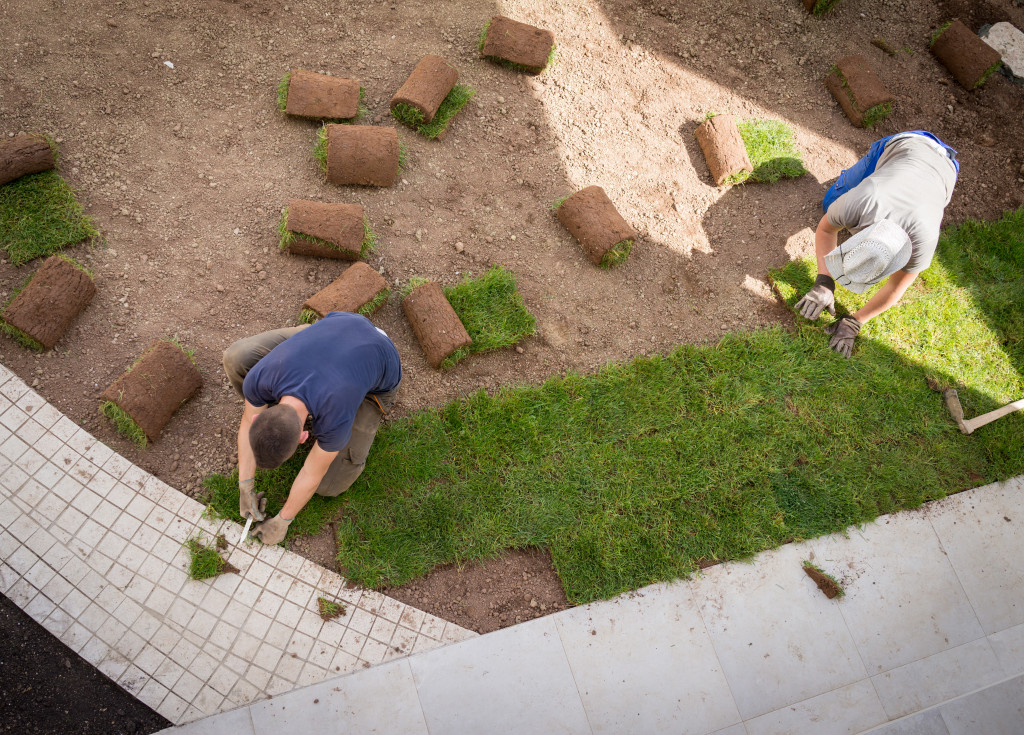If you’re in the process of renovating your home, don’t forget about these seven important things! Renovations can be a lot of fun, but they can also be quite costly if you don’t plan ahead. By ensuring that you take care of the electrical wiring, plumbing, landscaping, ventilation, roofing, radon, and foundation of your home, you’ll avoid many common problems and save yourself a lot of money in the long run.

1. Electrical Wiring
One of the most important things to check when renovating your home is the state of the electrical wiring. Old, outdated wiring can be a fire hazard, so ensure it is up-to-date and in good condition.
Do not attempt to check the wiring yourself. Not only is it dangerous, but you are also more likely to miss critical aspects of it. Instead, hire someone who can submit electrical installation condition reports. These are documents created by a certified inspector that outline any problems with your wiring and whether the installation has passed safety standards.
Having an electrical inspection done is the only way to ensure that you know what needs to be fixed and how much it will cost to do so. You can use this information when planning other parts of your renovation project as well, including which appliances you want to install.
2. Plumbing
Plumbing is another area of concern when renovating. Leaky pipes, backed-up drains, and other problems can be costly and difficult to fix if left unchecked.
If the problem is minor, such as a leaky faucet, you may be able to fix it yourself. However, if the plumbing is more serious, you will need to call in a professional. Be sure to get several quotes from different companies before choosing one, and make sure they are licensed and insured.
Also, check your water pressure while renovating. If it’s too low, you may need to have a pump installed or increase the size of your water pipes. This can be expensive but is worth doing if you plan on staying in your home for a long time.
3. Landscaping
Plants and other landscaping elements can add beauty and value to a property, but they also need maintenance.
While you’re renovating, check if any trees or shrubs have grown too large for their current location and need pruning back. If so, hire a professional tree service company. They can remove branches safely without damaging anything else in your yard.
Check the runoff from your gutters. If they are clogged, it can cause damage to nearby plants and may lead to flooding in low-lying areas of your property. You might need a new gutter or just have them cleaned out by professionals who specialise in this type of work.
4. Ventilation
Poor ventilation can lead to a number of problems in your home, such as mould and mildew growth, indoor air pollution, and respiratory problems.
Before renovating, check the ventilation in each room and make sure it is adequate. If it’s not, you may need to install fans or vents. You can also improve ventilation by opening windows and doors when weather permits.
If ventilation is poor in the attic or basement, you may need to install insulation or a dehumidifier.
5. Roofing
If your roof is in bad shape, it’s critical to have it repaired or replaced before renovating. A new roof can add value to your home and protect it from the elements.
Get quotes from at least three different roofing companies before deciding. Ask about warranties and whether they are licensed and insured.
Also, be aware that replacing a roof can be expensive. Make sure you have enough money saved up to cover this cost and any other renovation expenses you may incur.
6. Foundation
Your foundation is one of the most essential parts of your home. If it’s not in good shape, you could end up with leaks, cracks in walls and floors, or even structural damage over time.
If you notice any signs that there’s a problem with your foundation—like gaps between the wall and ceiling where they meet at an angle—get it checked out by professionals before renovating. They can also advise on how best to fix these issues without causing further damage down the line (e.g., by installing proper drainage systems).
7. Radon
Radon is a naturally occurring gas found in the earth that has been linked to an increased risk of certain cancers, such as lung cancer. Because you cannot see or smell it, you will never know it is present in your home until you test.
If you are renovating, now is the time to test for radon. If found at unsafe levels, a professional can install an active mitigation system and seal off any cracks or gaps in your foundation that might allow it into your house again down the line.
Renovating your home can be fun and exciting, but it’s important not to overlook these seven things. If you do, that joy may turn into frustration or, worse, expensive repairs down the line.

